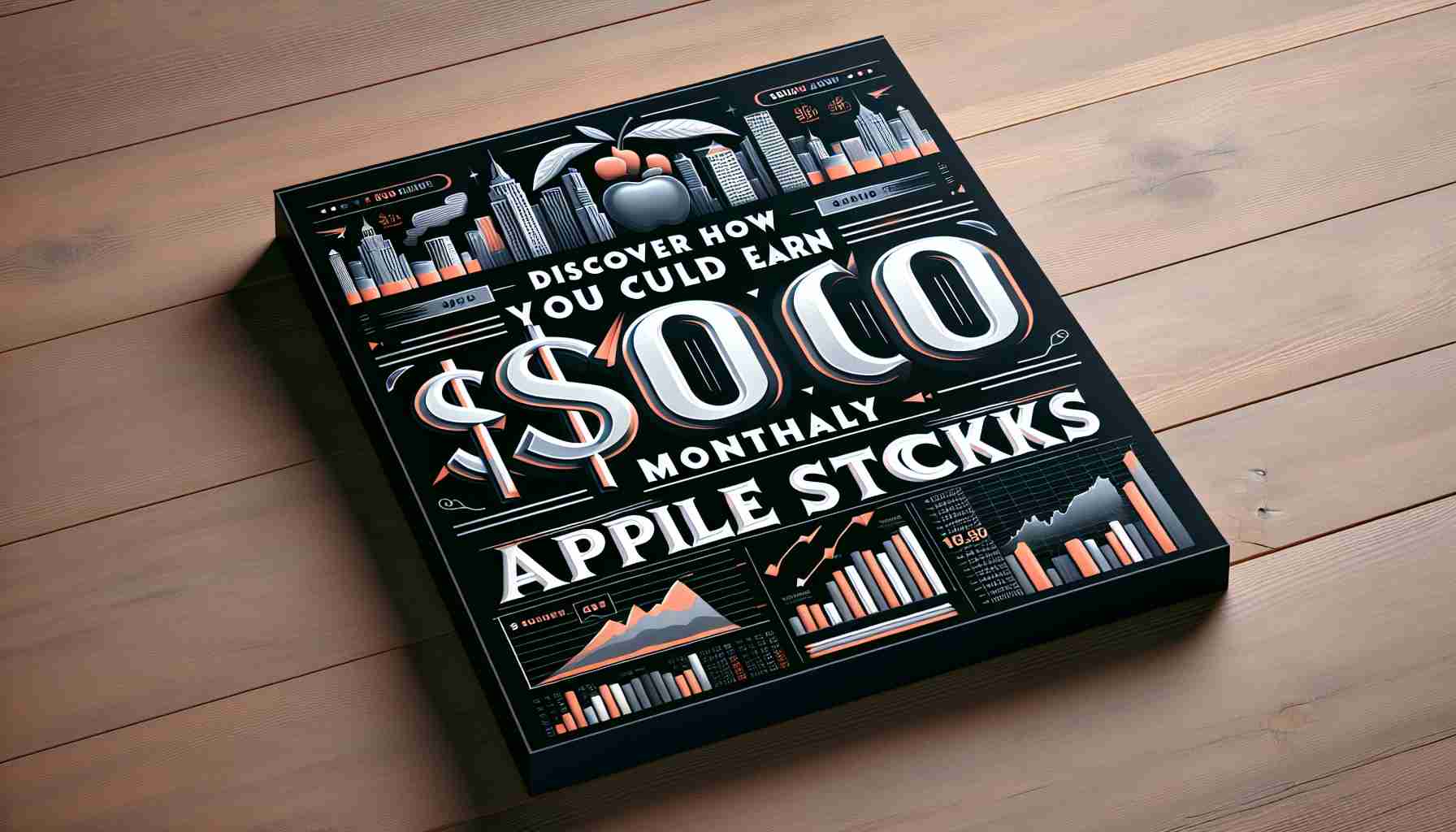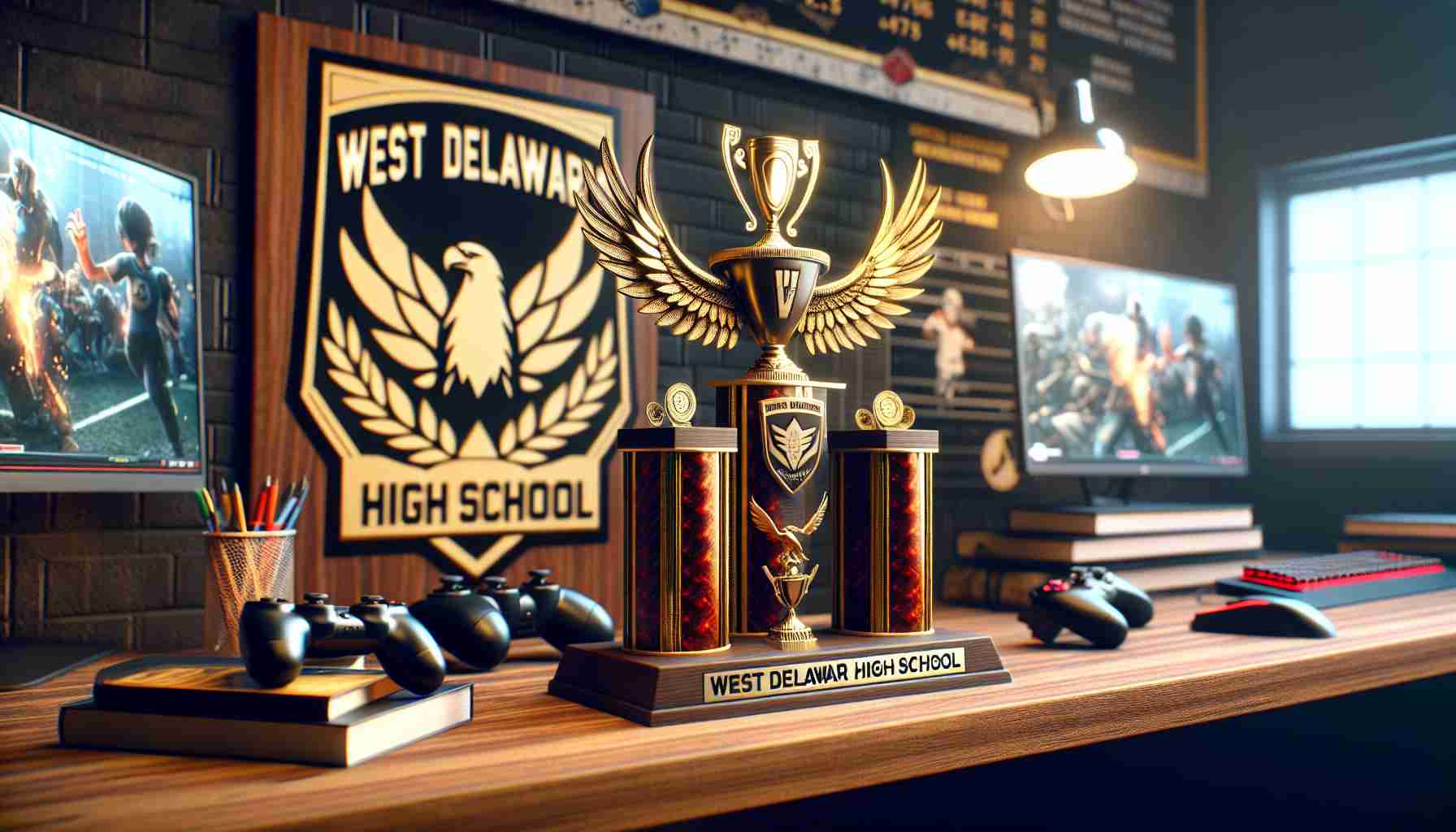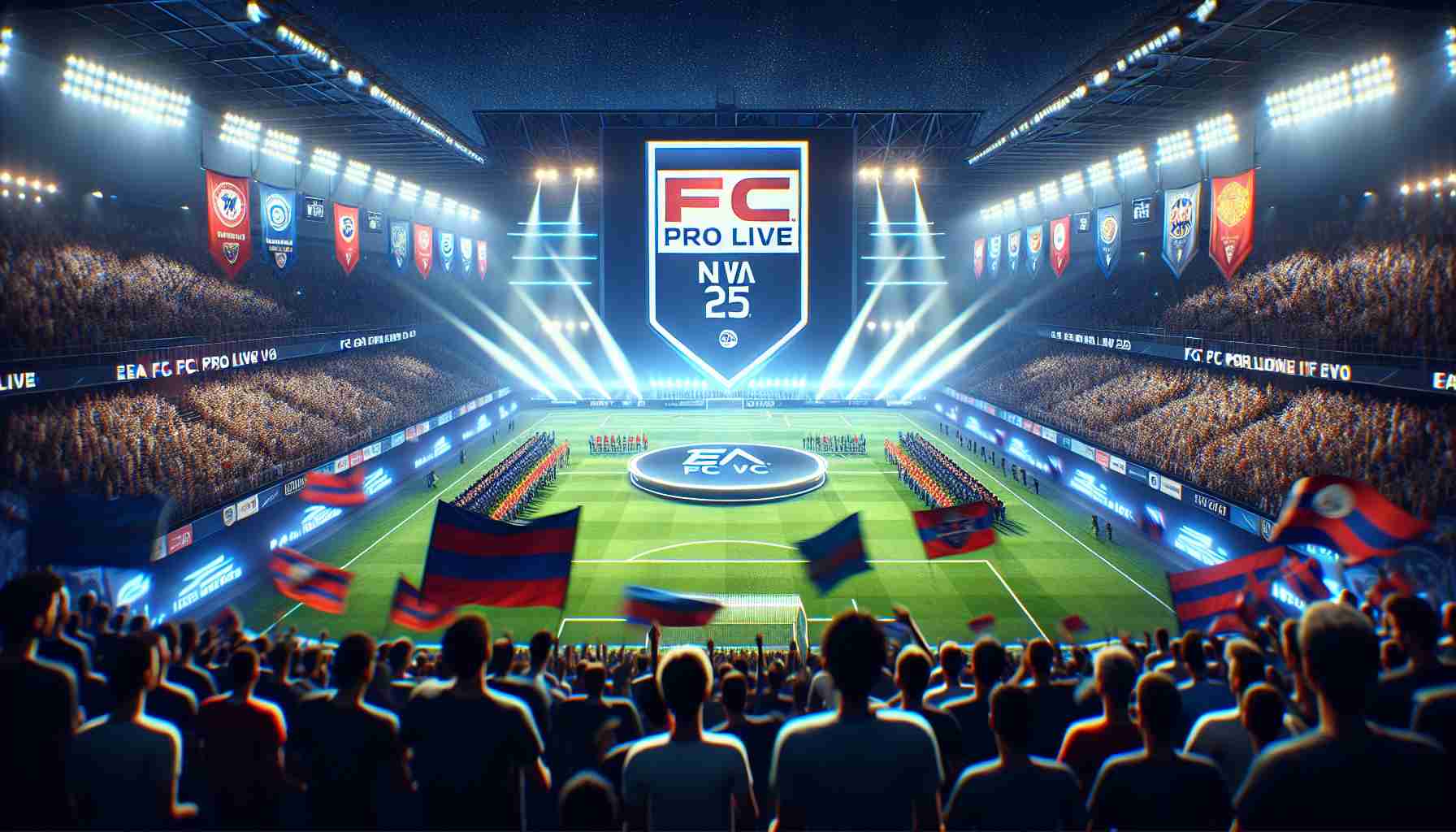Urbanization and the LGBTQ Community
The bustling cityscape of Metropolitan City X has long been a beacon of diversity and acceptance for LGBTQ individuals. Over the weekend, prominent figures gathered at the city’s iconic Monument Square to discuss the ongoing battle for equal rights and inclusivity.
Voicing Unity for Equal Rights
Speakers at the event emphasized the importance of unity and active participation in the journey towards inclusion. Each individual present was encouraged to contribute actively to the movement for equal rights.
Embracing Diversity and Progress
Highlighting the significance of progress and unity, community leaders underscored the importance of supporting initiatives that promote freedom and equality for all. The crowd resonated with these sentiments, echoing a resounding endorsement for diversity and inclusion.
Artistic Tributes to Progress
Renowned artists also took the stage, using their craft to pay homage to those who have fought tirelessly for the rights of the LGBTQ community. Their performances served as a powerful reminder of the ongoing struggle for inclusivity and acceptance on a broader scale.
Empowering Through Advocacy
Recognizing the challenges faced by LGBTQ individuals, the speakers emphasized the need for unwavering advocacy and support. The event aimed to empower attendees to stand up against discrimination and hate, fostering a community of resilience and mutual support.
Preserving Equality for Generations to Come
The event concluded with a call to action, urging individuals to actively participate in shaping a future where equality and acceptance are fundamental principles. It reinforced the notion that the fight for LGBTQ rights is an ongoing battle that requires collective action and unwavering commitment.
Exploring Diverse Perspectives on LGBTQ Rights in Urban Settings
As the dialogue on LGBTQ rights in urban landscapes continues to evolve, it’s essential to delve into additional layers that shape the discussion. Let’s explore some crucial aspects that warrant attention:
1. How Do Economic Factors Impact LGBTQ Communities in Urban Areas?
Beyond social attitudes, economic disparities can significantly affect LGBTQ individuals in urban settings. Issues such as employment discrimination, wage gaps, and access to affordable housing can pose unique challenges. Addressing these disparities is crucial for fostering true inclusivity.
2. What Role Do Legal Protections Play in Safeguarding LGBTQ Rights?
While progress has been made in enacting anti-discrimination laws, the implementation and enforcement of these protections remain contentious. Understanding the legal landscape and advocating for robust legal safeguards is vital for ensuring equal rights for LGBTQ individuals in urban environments.
3. How Does Intersectionality Shape LGBTQ Experiences in Urban Spaces?
Intersectionality, which considers how various aspects of identity intersect and influence each other, plays a significant role in shaping LGBTQ experiences. Issues related to race, ethnicity, gender identity, and socioeconomic status can intersect with sexual orientation to create unique challenges and opportunities for individuals within the community.
Key Challenges and Controversies:
– Religious Freedom vs. LGBTQ Rights: Balancing religious liberties with LGBTQ rights often sparks debates on issues such as marriage equality, adoption rights, and anti-discrimination laws.
– Transgender Inclusion: Ensuring full inclusion and protection for transgender individuals remains a contentious issue, with debates on restroom access, healthcare, and legal recognition.
– Gentrification and LGBTQ Spaces: The impact of gentrification on LGBTQ neighborhoods raises concerns about community displacement, cultural erasure, and access to safe spaces.
Advantages and Disadvantages of Urban LGBTQ Rights Advocacy:
– Advantages: Urban areas often provide a platform for visibility, community building, and access to resources such as LGBTQ centers, healthcare services, and support networks.
– Disadvantages: Gentrification, socio-economic disparities, and systemic discrimination can marginalize LGBTQ individuals in urban settings, highlighting the need for comprehensive solutions.
For further insights on LGBTQ rights advocacy and urban inclusion, you can explore resources from Human Rights Campaign. This organization offers a wealth of information and tools to support LGBTQ communities in navigating complex urban landscapes.









